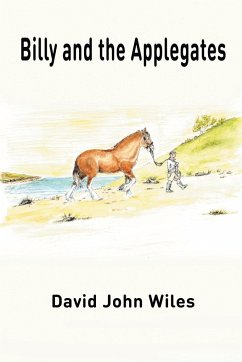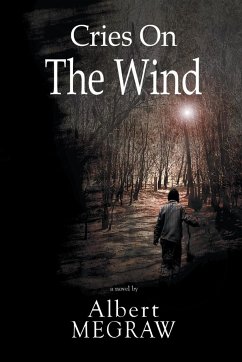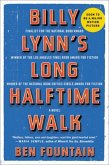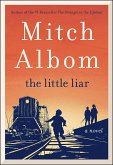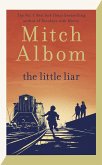At the start of World War II, the British government determined the railway in East London would be vulnerable to heavy bombing by Germany. Children in the area were evacuated into the countryside to save their lives. Among the children sent to the West Country for the duration of the war were Tom and Billy Hedge. Their train journey to Cornwall was long and tiring. When the brothers finally arrived at the Applegate Farm in Netherton, where they were to be fostered, Billy stated, "I don't like it here, Tom," and that night, they silently cried themselves to sleep. The Applegates had two children: a son, Joshua, who at thirteen was a year older than Tom, and a daughter, Queenie, aged nine and a half, just six months younger than Billy. Tom found farm work to be hard and tedious, while Billy relished looking after the chickens, and later, the horses. Billy and Queenie bonded right from the start and became inseparable. They shared numerous adventures in the small village, including meeting a local ghost and helping an army deserter. After the war, and just before Christmas 1949, the two married. "I enjoyed being transported back in time and the story was like a finely woven tapestry," wrote an Amazon reviewer. Author Bio: David John Wiles' journey through life has been nothing if not exciting and full of interest. He worked with three film studios as a stagehand and camera grip, and then at three major television companies, in England and Australia. Initially a prop hand, then production buyer, and finally a senior production buyer, he took early retirement at the end of 1989.
Hinweis: Dieser Artikel kann nur an eine deutsche Lieferadresse ausgeliefert werden.
Hinweis: Dieser Artikel kann nur an eine deutsche Lieferadresse ausgeliefert werden.

